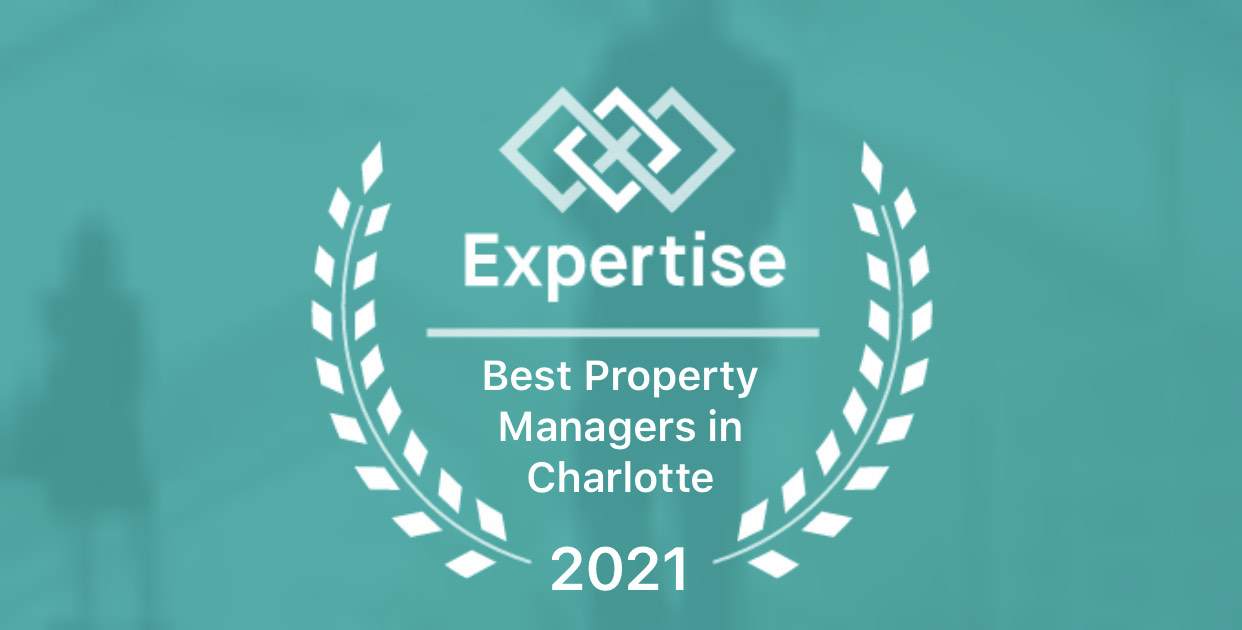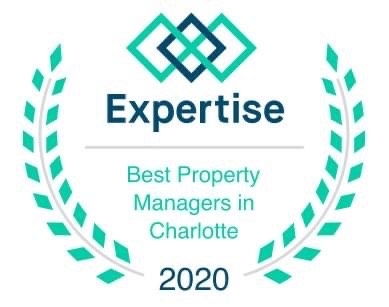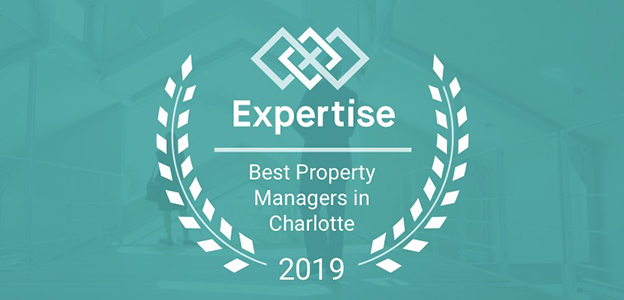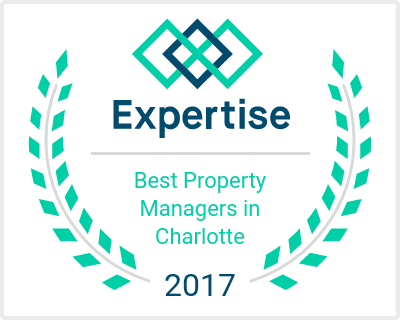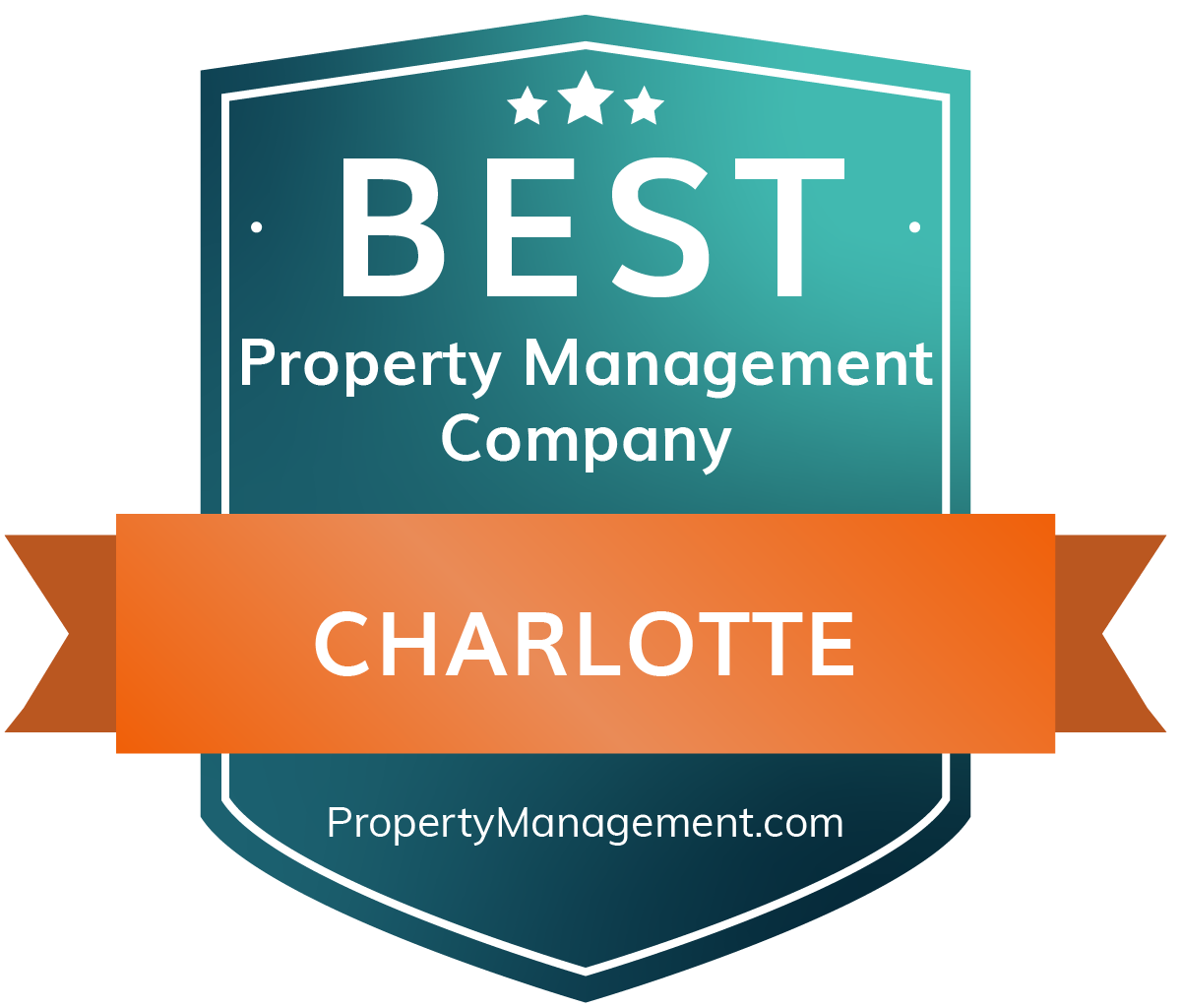In the first entry in this series, we advised on things you should know and/or have in place prior to becoming a landlord. The second step in the process and the second entry into this series is on what to look for in a property. Aesthetics play a big part in choosing a property but there is much more involved.
The actual purchase of the rental property is actually the most critical stage in the process. There are 7 things that Carod Properties would like you to keep in mind while we are helping you find the perfect property. After all, we can and will show you amazing properties. However, the lists we compile will be based on your parameters. The list you provide to us should take all of these things into consideration:
- Bargain shop. Buying at the right price is a must. If or when you sell, having bought at the right price will dictate if you walk away with a “win” in the profitable investment column. Also, the purchase price will be a factor in what you will be able to charge in rent and still have a profit after mortgage and monthly carrying costs are deducted. If there are a lot of rentals in the neighborhood in which you purchase, their rental prices will also be a factor.
- Find the right neighborhood. Rentals can be less than desirable to the neighbors. And conversely, if it’s the neighborhood that’s less than desirable, it may be too hard to find and keep tenants. For example, working class neighborhoods are often good places for rentals. Those that know the value of hard work and are proud of their investment will be attractive to prospective tenants. Also, if you improve the property, you improve their neighborhood.
- Educate yourself on local regulations. In some locations, rental properties are treated like businesses. Whether government statutes regulate the size of the lot and the things on it, or the HOA regulates the ability to lease, you should know before you buy.
- Familiarize yourself with desirables. Just because you don’t want/need a garage doesn’t mean that is not preferred in a rental. Your realtor can help you with this. Do the comparables have things in common that your prospective property does or does not have? Don’t assume that because tenants will be renting and not buying that they don’t want all of the amenities. And never assume that what you want is universal.
- Look at the construction. You should know “What lies beneath”. Some make the mistake of ignoring things because it will not be their personal residence. As a landlord you will be just as responsible for many of the headaches of homeownership…because YOU ARE THE HOMEOWNER! Not that energy efficient? Well, you don’t pay the utilities. After you lose tenant after tenant a high utility bill is now your problem.
- Stay close to home. Absentee landlords are often are unaware of small problems until they become large problems. You are less likely to stay tuned in if you have to take 2 highways, a bridge, a ferry, and…you get the point.
- Utilities are a major drag. If your utilities are not efficient, we have already advised, they can be problematic. This can be even more so if utilities are included. Think about it. “Included” gets the salivary glands going when it comes to just about anything, including a rental. But, there are things to consider if that’s an amenity you choose to provide. For instance, you are generally not allowed to disconnect for non-payment of rent. If you have the utilities in your name but count on the tenant to pay “their” portion, if they don’t then you are responsible.
Yes, we admit, that there is much to consider in becoming a landlord. With great risk comes the potential for great reward. Do your homework, listen to the experts, and make an investment in a rental property, and your financial future!







